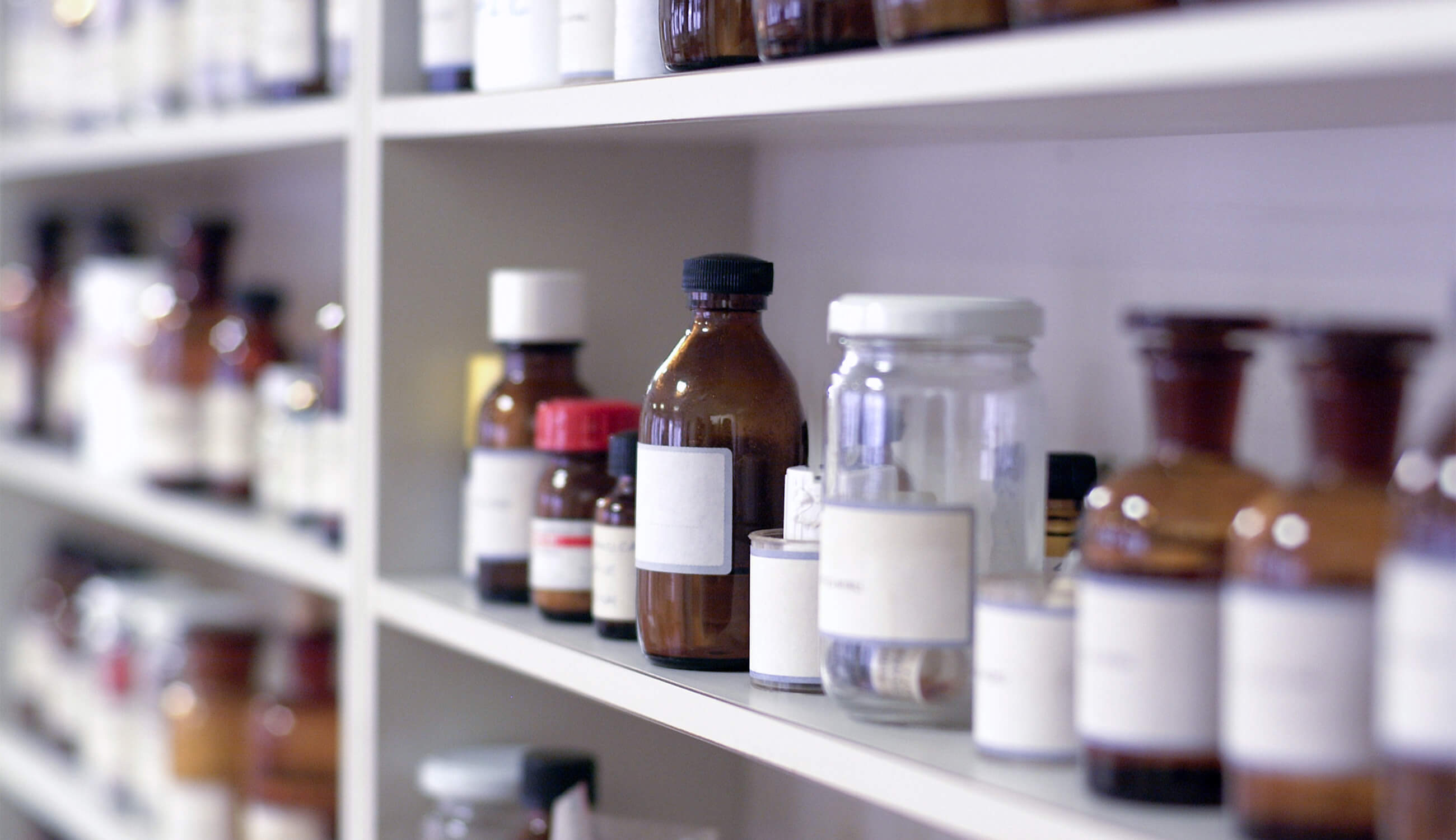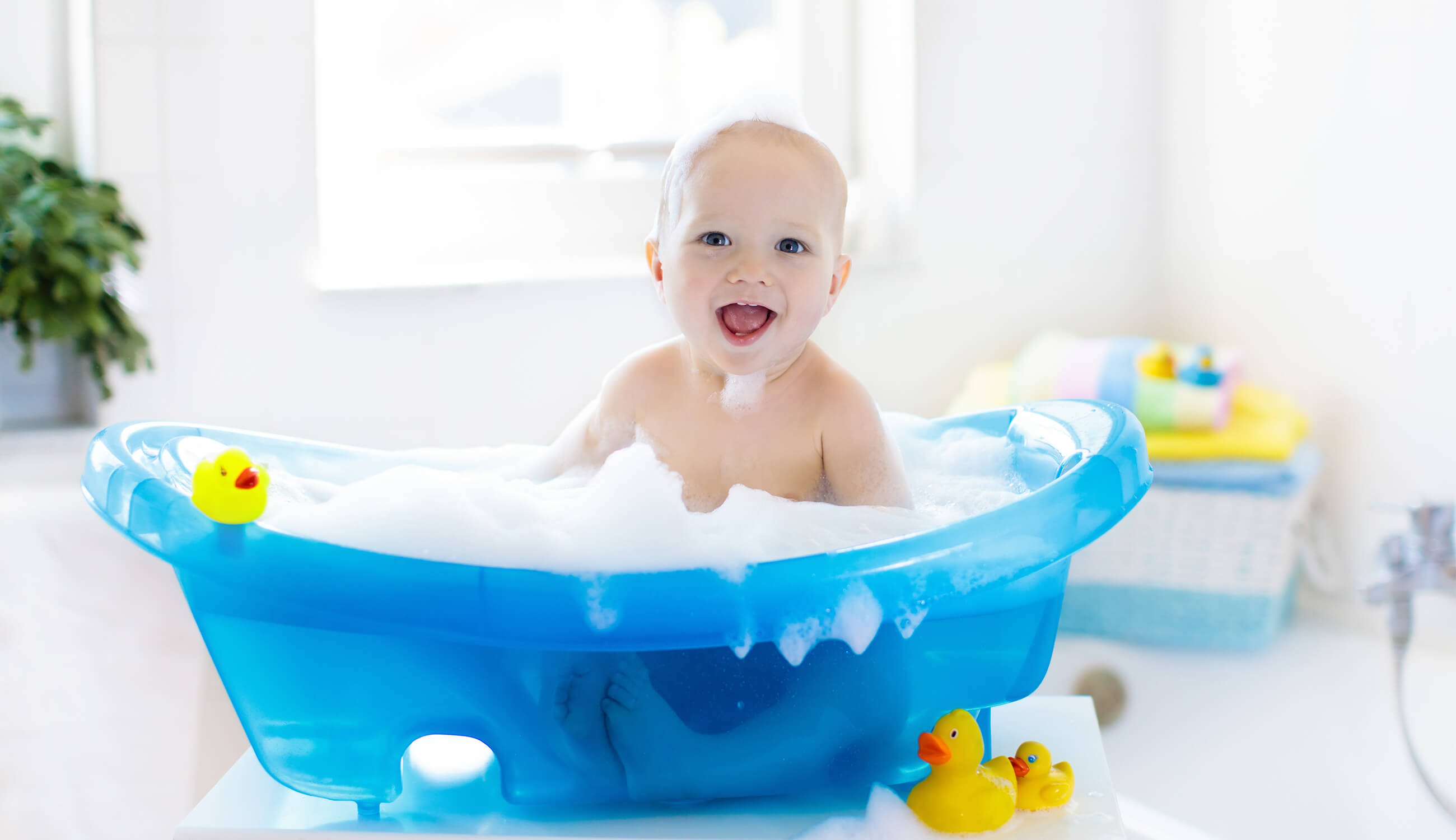Shedding light on this common cosmetic preservative, and how it affects your health

Phenoxyethanol (fee-no-oxy-ethanol) is part tongue twister, part chemical. More specifically, phenoxyethanol is a preservative that’s used to limit bacterial growth in many of the cosmetics you know and love.
If you’ve been wondering about this mystery ingredient lingering on the label of your favorite products, we’re here to clear the air. Read through to learn all about what phenoxyethanol is, why its safety is questionable in certain products, and why we choose not to use it in ours.
Phenoxyethanol is a lesser known skin care ingredient that has flown under the radar of the average consumer for some time. Though this preservative isn’t quite in the danger zone of parabens and formaldehyde releasers, it does raise important concerns about safety.
Phenoxyethanol is a chemical preservative used in cosmetics and personal care products to limit bacterial growth and extend shelf life. It’s often used as a stabilizer for other ingredients that might otherwise deteriorate, spoil, or become less effective too quickly – it’s often employed along with perfumes, soaps, and bubble baths.
You probably use this chemical more often than you think; about 23.9% of personal products contain phenoxyethanol, so it's one of those most common preservatives.

Chemically, phenoxyethanol is known as a glycol ether – in other words, a solvent. According to the CDC, organic solvents can be carcinogens, reproductive hazards, and neurotoxins. Since many solvents a.k.a. chemicals are toxic, they can impact the skin and alter skin properties. These chemicals and a host of others are commonly found in lotions, moisturizers, liquid foundations, and sunscreen.
It goes without saying why we choose not to use phenoxyethanol because it is a chemical preservative. It can be listed on a label under several names: 2-phenoxyethanol, phenoxytol, ethylene glycol monophenyl ether, and 1-hydroxy-2-phenoxyethanol.
We prefer to use more natural preservatives like honeysuckle, tocopherols, and plant-based antioxidants.
Honeysuckle
The intoxicating scent of these delicate, trumpet-like beauties boast powerful properties as a natural preservative. It acts as an effective agent against harmful microorganisms that keeps serums, lotions, and other beauty potions fresh and safe.
Tocopherols
A form of Vitamin E, tocopherols are effective natural preservatives that can help maintain the freshness and shelf life of products. They’re a safe and effective solution to protect lipids and prevent oxidation – or a product’s alteration in formula – that can occur in cosmetics and skin care products, especially cold-pressed oils. This oxidation can alter the lifespan of a product and its freshness and effectiveness.
Antioxidants
The use of antioxidants can also be considered important for maintaining the stability of the formulations. In terms of preservation, they are highly effective when it comes to reducing oxidation: a chemical reaction that often takes place when an ingredient is exposed to oxygen, resulting in rancidity and degeneration at a cellular level.

The short answer with a not-so-short conclusion, is that it depends who you ask. For instance, the Skin Deep database powered by EWG (the Environmental Working Group) rates the preservative as low hazard. But it still has the capability for harm, or cause an adverse effect – which is precisely why some brands won’t include the ingredient.
On the other hand, there are companies who use phenoxyethanols BUT only in a small percentage. A familiar household brand, The Honest Company, only uses a tiny amount of the preservative to fight bacteria. Their plant based formulations, when paired with water, can create a breeding ground for fungi – so an effective preservative or stabilizer is in order!
Using an effective preservative is critical for ensuring safety – something we know The Honest Company stands by. Phenoxyethanol is only used in their dish and hand soaps, laundry detergent, stain remover, and surface spray. They consider the amount unsubstantial, and limit its use to only a few of their products.
But what about those side effects we mentioned earlier?
On the surface, these fairly unassuming preservatives may not seem that bad – but going a little deeper, there is a conversation questioning its safety for those with certain skin types. Granted the FDA and The Cosmetic Ingredient Review (CIR) as well as other companies using this preservative can agree on one thing: it’s safe when applied topically in concentrations of 1 percent or lower.
Still, questions are lingering regarding the safety of phenoxyethanol for sensitive skin types, in regards to allergic reactions and skin irritation. Several studies have indicated that those with sensitive skin can experience allergic-type reactions, due in part to having pre-existing allergies. Some studies simply identify it as a skin irritant that can affect different people at varying levels. Symptoms can range from rashes to a more severe response of hives.
If you scratch the surface further on phenoxyethanol, there are additional conversations about its adverse health effects for urinary incontinence. Phenoxyethanol has been linked to partial loss of the urgency to urinate, as well as pain attributed to the preservative while urinating.
Phenoxyethanol is also often found in baby soaps and bubble baths, begging the question of their safety for the most delicate of skin. Phenoxyethanol is thought to cause central nervous system damage in exposed infants – not to mention the aforementioned risk of urinary tract discomfort and irritation.
As we’ve emphasized, there are a variety of reasons to accept or dispel the use of phenoxyethanol in skin and health applications and products. While there are mixed reviews as to the potential ill-effects of this ingredient, know that we’ll always play it safe when it comes to hazardous preservatives!
- Tags: Bath, Bath Body Hair, Behind The Scenes, Body, Ingredients, July-2020
We carefully hand-select products based on strict purity standards, and only recommend products we feel meet this criteria. 100% PURE™ may earn a small commission for products purchased through affiliate links.
The information in this article is for educational use, and not intended to substitute professional medical advice, diagnosis, or treatment and should not be used as such.







